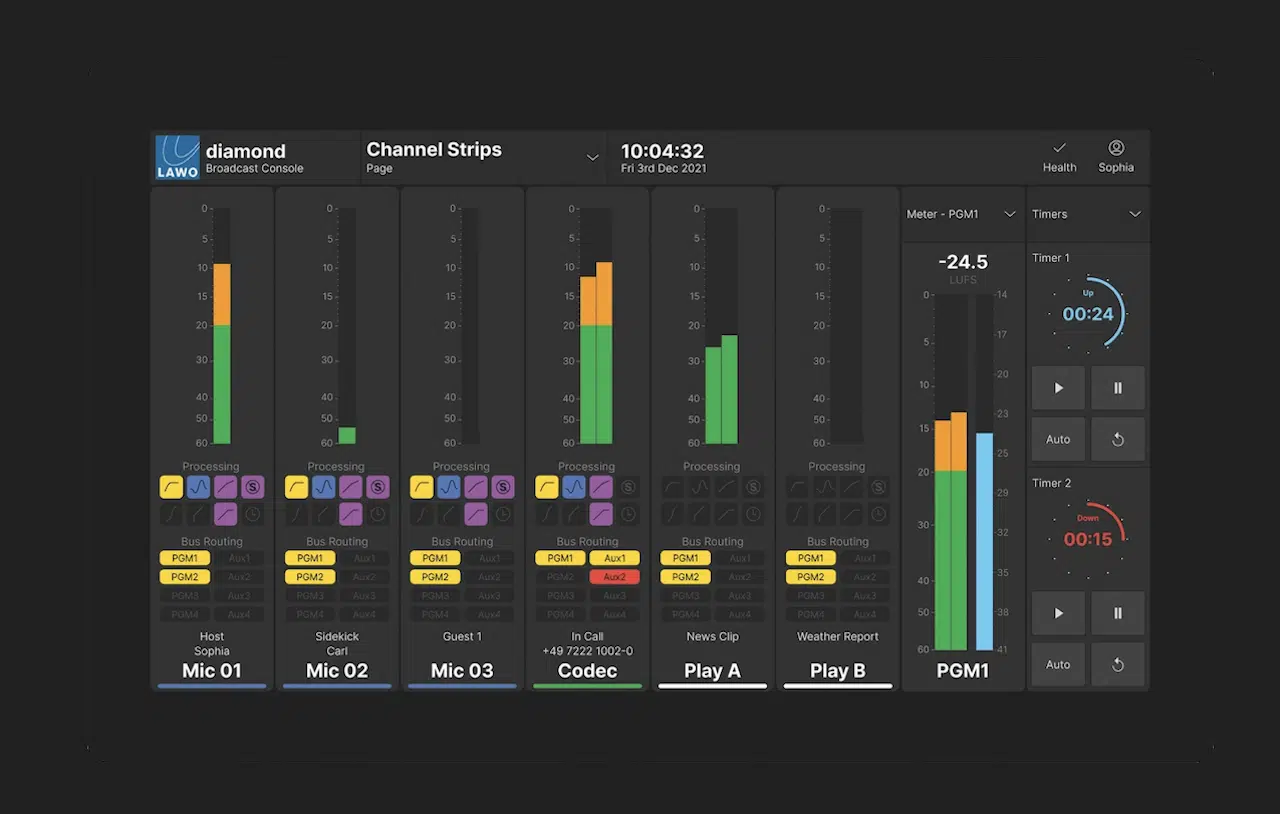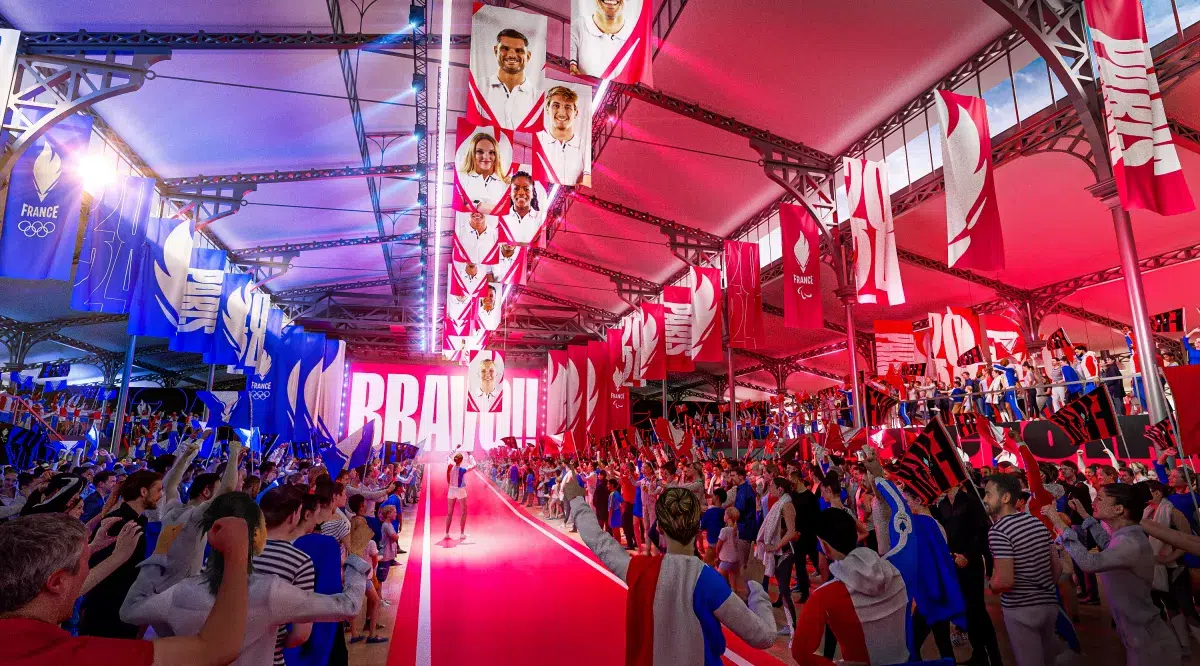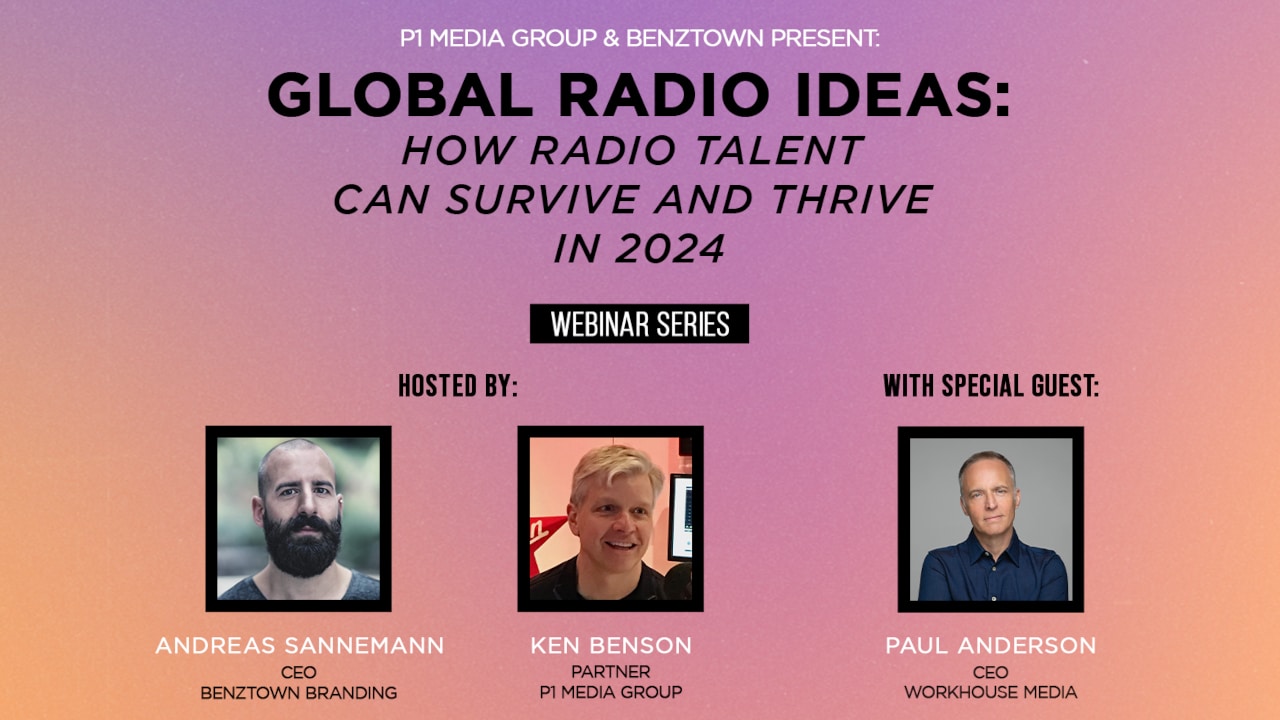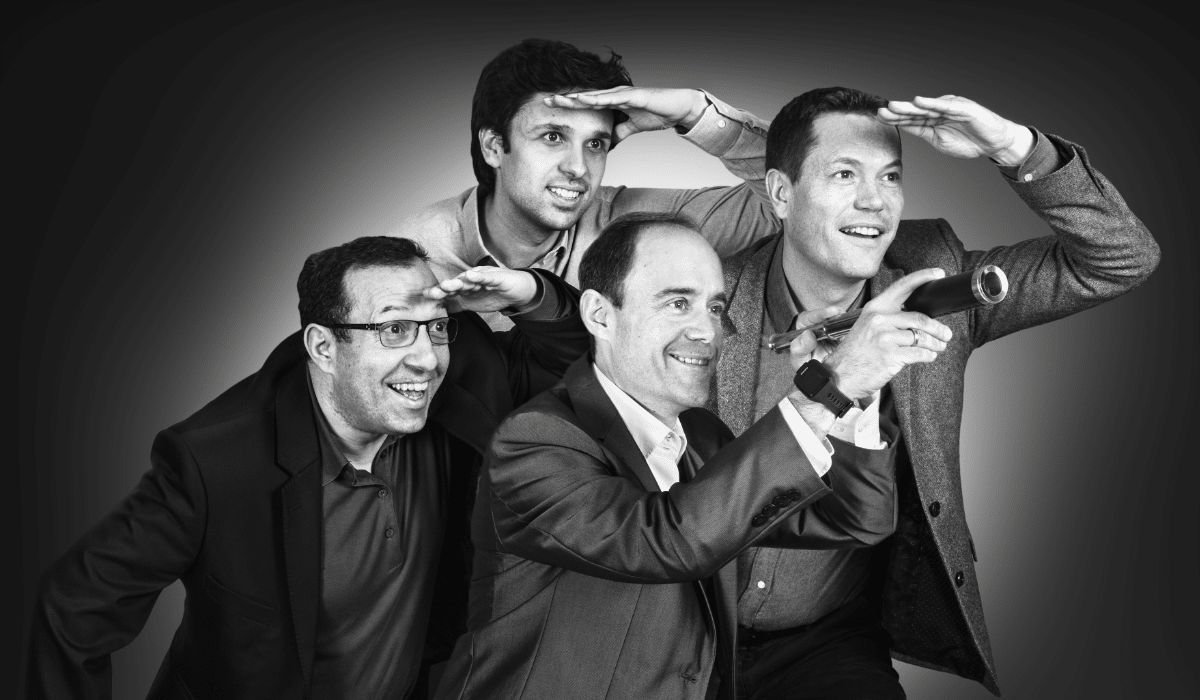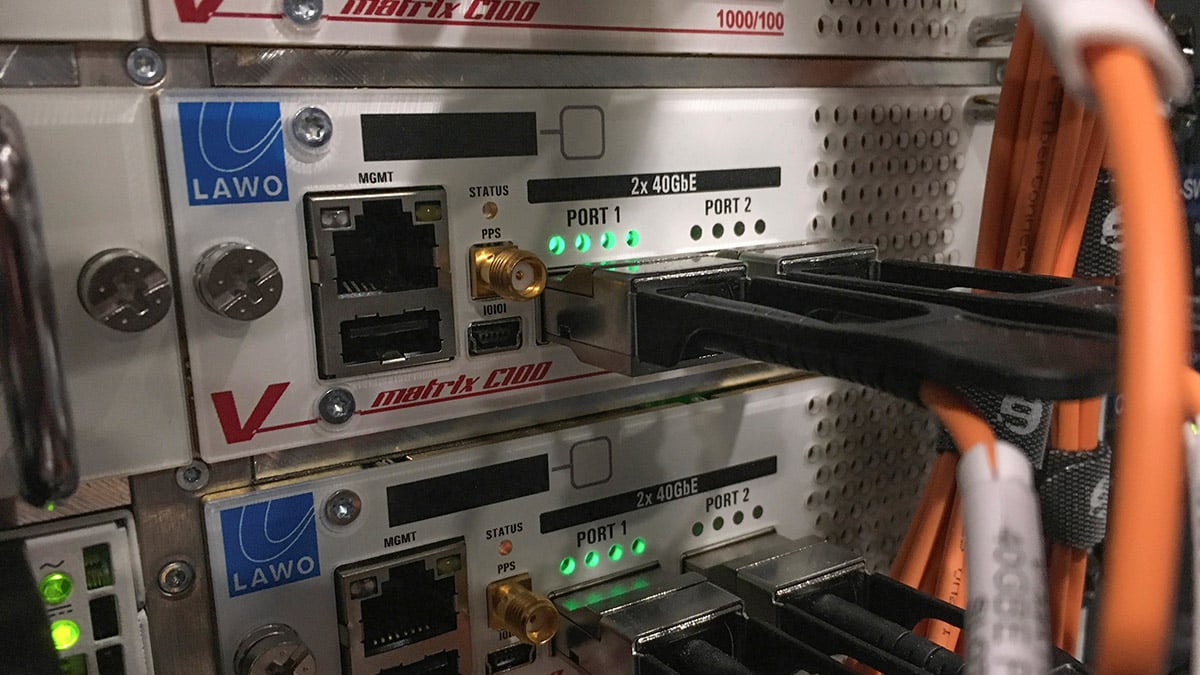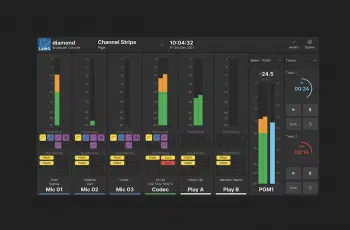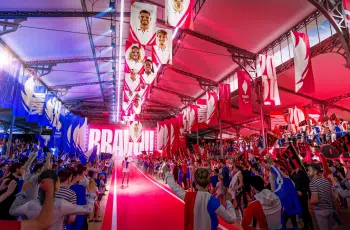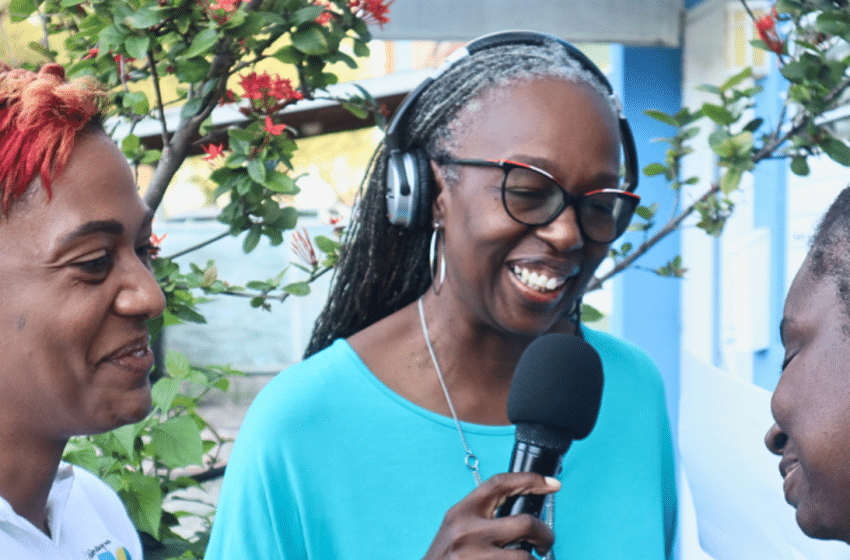
Few broadcasters started their journey like Starcom Network, and it has some remarkable stories to tell. RedTech sat down with Anthony Greene, general manager of the Barbados-based radio group, to hear how the organization is adapting to industry challenges the Caribbean island hasn’t escaped.
RedTech: Starcom Network has come a long way since the mid-1930s, when it was basically an extensive PA system with listening via landline and paid subscription. Tell us a bit about how the station operated in those early days.
Anthony Greene: You begin with a question that brings smiles and laughter from storytellers who are part of radio’s first days. Though I could only imagine what those days were like, I always feel nostalgic hearing them, especially from listeners, broadcasters or those who worked with the company in the “good ol’ days” of Rediffusion and Star Radio, as it was called back then. The Rediffusion box was the hardware that received the radio signal, similar to how electricity was delivered. The result was a “talking box” that was part of the furniture in the living rooms of those fortunate to have them. Because radio then was a subscription service, not everyone had access to it — only a privileged few.
These Rediffusion boxes brought families together to listen to the various content on offer, including educational information, entertainment sessions, dramas, news and music. Children would gather at homes with these boxes to hear programs tailored for them. Similarly, adults would gather to hear their soap operas and local short stories that reflected life within Barbadian communities. Cricket fans would listen to games and enjoy historical moments, such as the famous first tied test match between the West Indies and Australia. Radio was an exciting part of Barbadian life.
Starcom is part of that history, evolving from the first days of Radio Distribution Ltd., including being taken over by Rediffusion Services Ltd. in 1951. Purchased by the Barbadian-owned media company Nation Corp. in 1979, it changed its name to Starcom Network in 1999. Starcom Network then became a part of a regional enterprise, One Caribbean Media (OCM), in 2006, following a merger of Nation Corp. and the Trinidad-based Caribbean Communications Network. Through these years, we have developed a company that remains at the forefront of broadcasting with four radio stations.
The amount of content and interaction occupying audiences’ attention on digital platforms is challenging but good for us. It helps us appreciate radio’s awesome ability to adapt to changing technologies and reach people wherever they are.
Starcom Network general manager Anthony Greene
RedTech: Those four stations — Voice of Barbados 92.9 FM, Hott 95.3, Beat 104.1 FM and Life 97.5 FM — are very different. Are the needs of all Bajans covered by your portfolio?
Greene: We try to serve a diverse Barbadian audience and have been successful in catering to various segments. We command 59% of the market, according to an independent survey conducted in October 2022. There is a significant appetite for news, sports and current affairs, and Starcom drives the discussion and analysis around national issues. The pillar to inform is embedded in our programming. Our emphasis on highlighting people, places and things Barbadian has served us well. Our support for the Barbadian cultural landscape over the years has been significant, from the frequent rotation of the music that Barbadians love, to the live broadcasts of cultural events, including the island’s prestigious calypso competitions, cultural showcases, cricket games and other activities important to our people.
RedTech: Where is your biggest competition for audiences, and what are you doing to manage the threat?
Greene: The amount of content and interaction occupying audiences’ attention on digital platforms is challenging but good for us. It helps us appreciate radio’s awesome ability to adapt to changing technologies and reach people wherever they are. And we have adapted. The adoption of our services via online streaming and the take up of content on demand of popular programs are quite impressive — it is now as significant as via FM.
In fact, if our streams are down for whatever reason, our audiences tell us straight away, just as if one of our stations goes off air. Our capacity to meet our audiences wherever they are continues to evolve, but there’s still a lot of work to be done in this area, given the technology’s dynamic nature.
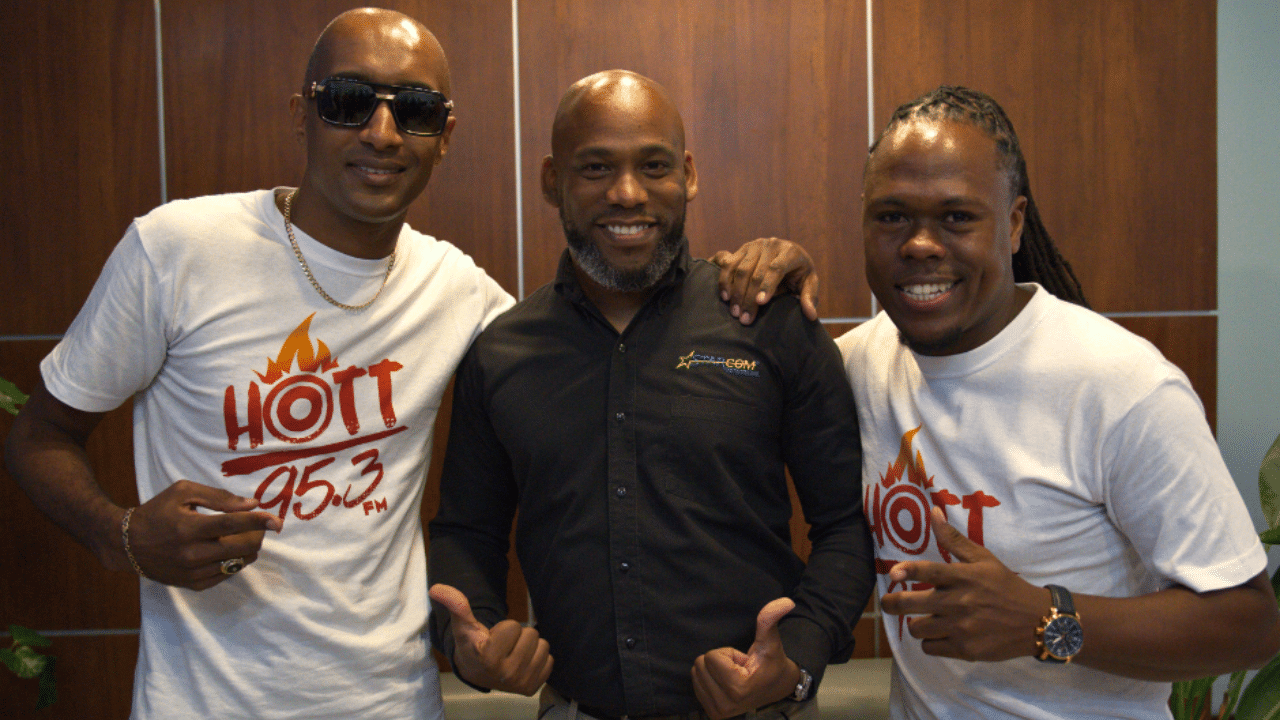
RedTech: How is Barbados transitioning to digital broadcasting, and has it been successful for Starcom?
Greene: Our streams and app downloads show that how people listen to radio is changing. Hearing younger people say they don’t have a radio in their homes is a regular thing. They listen and engage on their phones and via social media platforms. We have ticked some boxes along the way and embraced digital to the extent that our presence in significant online spaces is growing. However, there is a long way to go in implementation and adoption in the true sense of the broader scope of digital broadcasting, both nationally and for us as a company.
RedTech: Technically, what are you doing to keep Starcom evolving?
Greene: The changes in the standards for broadcasting have been rapid. It can be difficult to keep pace with the constant investment needed in technology. But if you don’t upgrade, you get left behind, so we must prioritize. Staying informed of the advances in broadcasting is essential for us, and having a presence at conferences and trade shows is among our priorities.
We recently refitted our studios, replacing consoles with more compact digital units and have long been using automation software and remote solutions. Still, the research, decision-making, testing and implementation of updated solutions can feel like a mountain climbing exercise (and I am talking Mount Everest) for broadcasters like us compared to larger operators.
RedTech: Barbados is billed as an island paradise, but all broadcasters have technical challenges. What challenges do you face that are specific to your environment?
Greene: We are a small, flat island of 166 square miles, and Starcom covers most of it. But there are still areas impacted by line of sight, resulting in small pockets of communities in hard-to-reach areas that cannot hear us clearly on FM. In such situations, the apps and streaming have become more than helpful.
The key to remaining relevant is to stay ahead of the technological curve and reinvent as necessary. A significant part of our strategy is repositioning Starcom Network to continue its dominance for the next decade.
Starcom Network general manager Anthony Greene
RedTech: How do most of your audience consume the four stations’ content, and have listenership trends changed significantly?
Greene: Our listeners still predominantly listen via radio in their homes and vehicles, but there is a shift toward all our stations’ live streams. HOTT 95.3 FM dominates youth and young adult audiences and has been the most successful with app downloads. We have to work on the interface and the app development, but the live listen option on apps and via the website has been well-patronized. Our last quarter digital report also shows a new trend of increased hits on our live stream internationally, overtaking local hits. The migration of listeners to the live stream is generally impressive and suggests that reliability on devices to access radio is growing.
RedTech: How successful is Starcom at recruiting the brightest young talent in Barbados? If successful, what are you doing to make a radio broadcasting career appealing to the country’s brightest young people?
Greene: This is an excellent question. Starcom Network has a reputation for attracting exceptional talent, and broadcasters of excellent reputation have worked with us and gone on to receive the highest of national awards, accolades and deserving recognition. This suggests to younger broadcasters that they have big boots to fill. They also perceive that broadcasting is a stepping-stone to other careers offering higher compensation, which raises questions about the need to keep bright young talent in the industry. This is one of our more significant challenges regarding continuity. We have been offering internships in partnership with tertiary institutions. Recently, there has been a deliberate effort to recruit and groom young people with the interest and potential to preserve our high standards while offering fresh perspectives and approaches.
RedTech: How do you see the radio landscape in Barbados in 10 years?
Greene: In Barbados, there is no more popular engagement platform than a program called “Down To Brass Tacks” on our own VOB 92.9 FM. Hosted by a moderator, this call-in show assesses public opinion on various issues and features participants at all levels of society sharing information and discussing challenges and solutions. Its episodes have the most downloads as podcasts and are often the subject of social media discussion. If the interaction observed on this program is anything to go by, we have a direction for keeping radio as buoyant as possible over the next 10 years.
Radio will have significant relevance if it makes communities better. This character of radio is like a fingerprint — unique. Radio has been resilient and adaptable because of its strong, unique role in the world of communication, certainly in Barbados. Our democracy would be poorer without it, and communication would lose a long-trusted ally if radio were not with us. At this time, we would benefit from strong collaborations with those who play the role of vanguard, policymaker and advocate to preserve this precious medium necessary for our future.
The key to remaining relevant is to stay ahead of the technological curve and reinvent as necessary. A significant part of our strategy is repositioning Starcom Network to continue its dominance for the next decade. We celebrate 90 years in October this year. We are proud of our place in radio’s history but also recognize that we lead the way to a future where high media standards, our contribution to a thriving democracy and diversity are part of how we do radio.
More stories about islands? We’ve got ’em!
Tindle adds Boom Radio to Channel Islands multiplex



